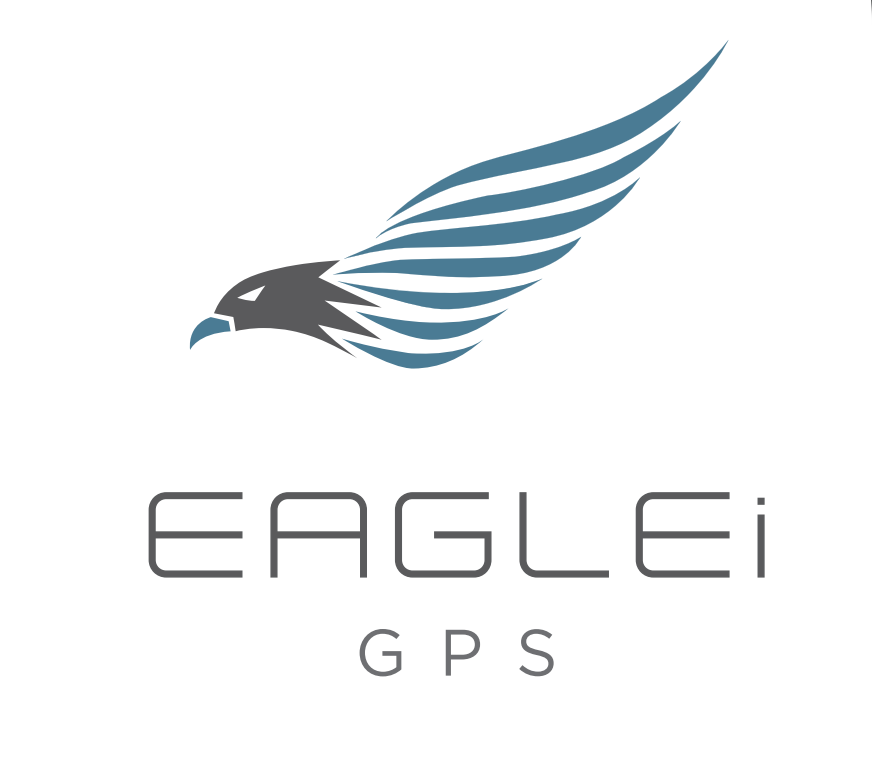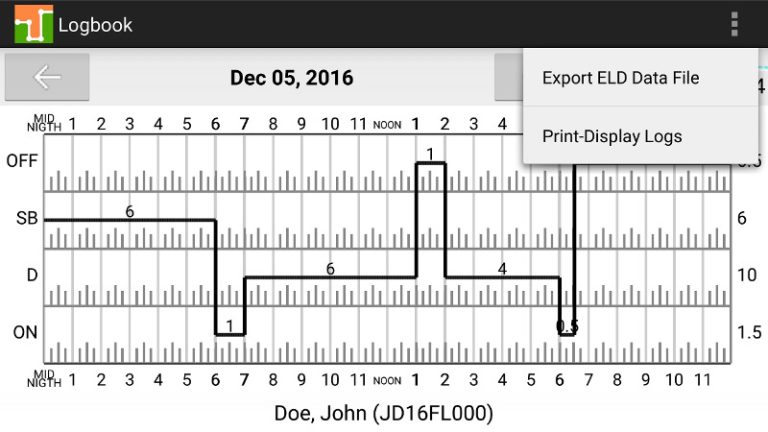GPS Tracking Systems for Fleet Management: A Comprehensive Guide
In today’s technologically advanced era, ensuring that your fleet is not only running but running efficiently is paramount. One way businesses achieve this is through the use of GPS tracking systems for fleet management. These systems are not merely for plotting routes or determining the location of a vehicle. They have evolved into comprehensive tools that enhance the efficiency, safety, and productivity of fleets.
1. Understanding GPS Tracking Systems for Fleet Management
What is a GPS Tracking System?
At its core, a GPS tracking system utilizes the Global Positioning System (GPS) to determine the precise location of a vehicle, person, or other asset. This information is then recorded, and the position can be displayed against a map backdrop either in real-time or for later analysis.
Why is it Essential for Fleet Management?
The modern fleet manager faces a myriad of challenges daily: from ensuring driver safety, optimizing routes, to maintaining timely deliveries and reducing operational costs. GPS tracking systems provide solutions to these challenges, offering managers a real-time view of their fleet, and a treasure trove of data to optimize operations.
2. Benefits of GPS Tracking Systems in Fleet Management
Enhanced Efficiency
GPS tracking systems eliminate the guesswork in fleet management. By observing real-time data, managers can make instant decisions about rerouting vehicles to avoid traffic, ensuring timely deliveries.
Increased Safety
Driver safety is paramount. By monitoring driving habits such as speeding, hard braking, and rapid acceleration, fleet managers can implement and enforce safe driving practices, thereby reducing accidents.
Optimized Routes
Gone are the days of static routes. GPS systems provide dynamic routing options based on current conditions, ensuring that drivers take the most efficient route to their destination.
Cost Savings
By reducing idle times, improving route efficiency, and promoting safe driving, businesses can save significantly on fuel costs, maintenance, and insurance premiums.
3. Key Features to Look For
Real-time Tracking
The ability to monitor vehicles in real-time is a game-changer. It provides an instant overview of the entire fleet’s status, allowing for quick decision-making.
Historical Data Access
Studying past routes and driver behavior can yield insights into areas of improvement. A good system should offer easy access to historical data.
Alerts and Notifications
From unauthorized vehicle use to maintenance reminders, instant notifications ensure that managers are always in the loop.
Geofencing
This feature allows managers to set virtual boundaries, notifying them when a vehicle enters or exits a specified area – essential for ensuring vehicles stick to their designated routes.
4. Choosing the Right GPS Tracking System for Your Fleet
The market is flooded with numerous GPS tracking solutions, each claiming superiority. Consider the following factors when making a choice:
- Size of Fleet: Some systems are tailored for small fleets, while others are designed for larger operations.
- Integration Capabilities: Can the system integrate with other software solutions you use, such as dispatch or inventory systems?
- Budget: As with any investment, consider both the initial costs and potential long-term savings.
5. Embracing the Future with GPS Fleet Management
The world of fleet management is in constant evolution. As technologies such as the Internet of Things (IoT) and Artificial Intelligence (AI) continue to advance, so too will the capabilities of GPS tracking systems. By adopting these systems now, businesses position themselves to ride the wave of future technological advancements, ensuring their fleets remain efficient, safe, and ahead of the curve.
In Conclusion
GPS tracking systems for fleet management are no longer a luxury but a necessity for businesses that aim to thrive in today’s competitive landscape. By offering real-time insights, promoting safety, and optimizing operations, these systems provide tangible benefits that directly impact the bottom line. So, as you venture into the realm of fleet management, remember that the right GPS system can be your most trusted ally on the road to success.







